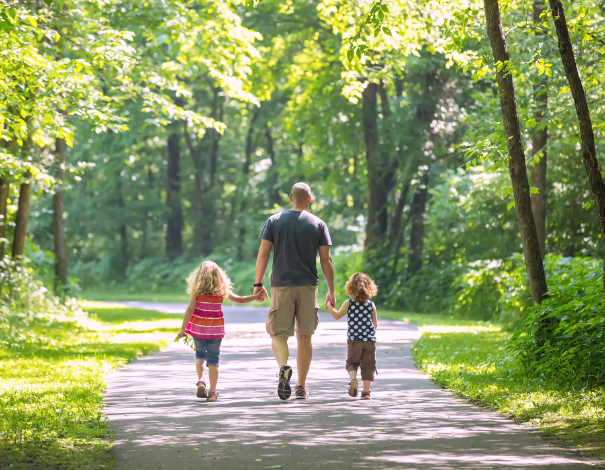As a lieutenant in the New York City Fire Department who responded to the 9/11 attacks on the World Trade Center, Robert understands crisis. But rescuing others didn’t prepare him for the challenges he was about to face. After receiving a transplant for myelodysplastic syndrome (MDS), Robert needed to retire from the fire department early because of physical limitations. He’s had to redefine how he sees himself and what he wants for his future. Here’s his story, in his own words.
After the transplant, I experienced acute and chronic graft-versus-host disease (GVHD). I’m still dealing with GVHD of the skin, as well as weight gain and mood swings from steroids. I struggle with tiredness and problems with memory and concentration. The hardest part is not being able to keep commitments because I never know how I’ll feel from one day to the next. It makes it hard to accomplish the tasks I set for myself.
On the positive side, I’m still getting better. I’m learning my physical limitations, and sometimes I exceed them, but day by day, I’m able to do more and that encourages me to keep trying.
My level of fear about getting sick has also gone down. I don’t need blood transfusions anymore and I don’t worry about blood tests. And even though I miss working, it’s a relief to not have to worry about returning to work and wondering if I’d be able to perform my duties.
I’m grateful for all the help my family has gotten, especially for all the rides and meals from my coworkers, and from my wife’s coworkers. And of course, I’m grateful for my doctors and nurses, and all the individuals and organizations who provided both financial and emotional support.
And then there’s my donor. I was eager to thank him from the start, but because of confidentiality, it took a long time, and I didn’t know if he’d gotten my cards or not. That was frustrating, but we finally got in touch with each other, and he’s a great guy.
There was never really a time when I didn’t look to the future. I worked toward short-term goals, like getting my central line removed, controlling my GVHD and being able to quit taking steroids.
Today, my three children provide all the motivation I need. They’re all involved in sports and other after-school activities that require a lot of scheduling and running around. Some days, I might be struggling with tiredness or just feeling down, but if they need a ride somewhere, I get off the couch and do what needs to be done. Once I’m on my feet I’m able to keep going.
I miss working, but I keep in touch with friends from the fire station, attending picnics and community events with them. I’m also able to spend more time volunteering at my daughter’s school and helping out my parents, and that is gratifying.
Your sense of the future
During treatment and early recovery, thoughts or fears about the future can be overwhelming. The focus of your life may be just getting through each day. Even though you may live with uncertainty or fear of recurrence, regaining a sense of optimism about the future is essential to your quality of life. As you look to the future, ask yourself:
- How do I learn to accept uncertainty?
- How do I adapt to change in my life?
- How do I live for today and plan for tomorrow?
- What’s next for me?
- What is my goal for the next phase of my recovery?

